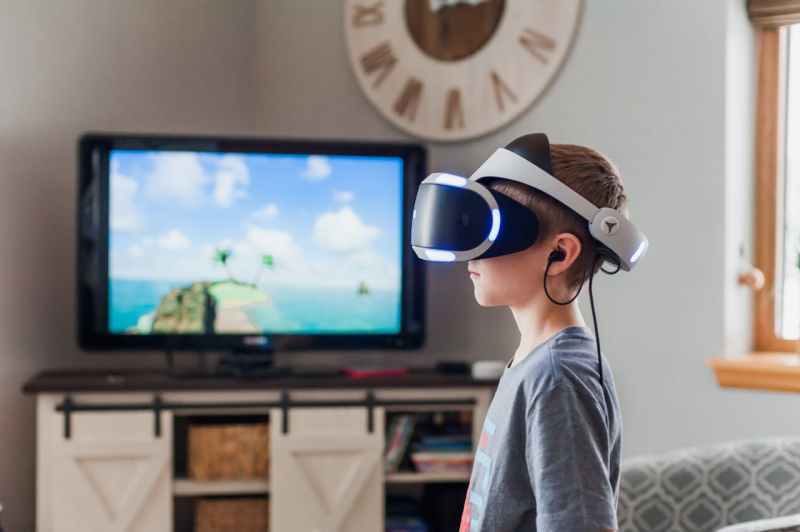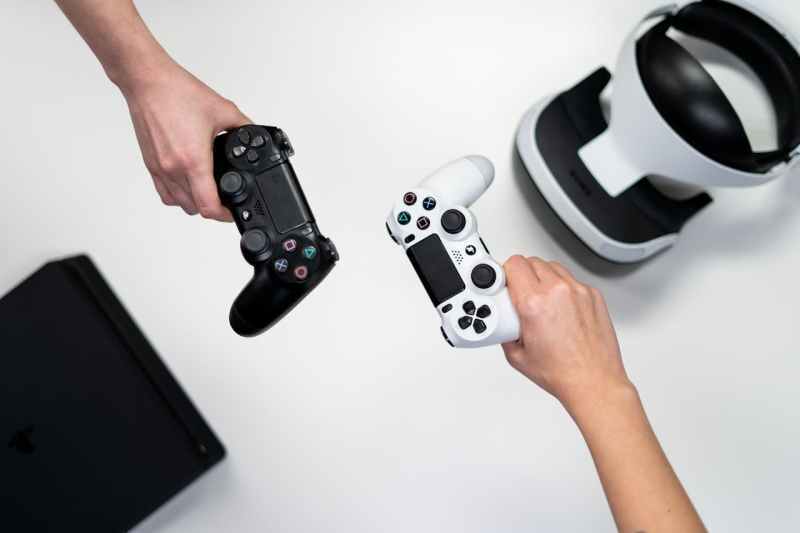Video games have taken the form of a dynamic force that influences cognition, creativity, and social behavior. Some still hold gaming to be escapist, no matter modern research that shows gaming’s profound effects on mental agility, problem-solving, and even emotional intelligence.
Video games present art and science at their intersection — from the development of cognitive skills to the creation of online communities. In this article, we will dive into the science and real-world examples of how gaming changes the way we think and interact with our culture.

The Cognitive Benefits of Gaming: More Than Just Play
Numerous research studies have demonstrated that video games can promote the improvement of cognitive skills, such as memory, attention, and problem-solving. For example, the University of Padova found that action video games are good at improving players’ visual attention and spatial orientation. Another research involving about 2,000 children found that kids who played video games for more than three hours per day achieved better cognitive function with regard to impulse control and working memory than non-gamers.
The benefits are not limited to a certain age group. A recent study published in the University of Helsinki showed that adults who enjoy playing strategy games like StarCraft showed superior multitasking and decision-making skills under stress. In other words, video games may hold promise for being used as mental agility-improving tools throughout life stages.

Skill Development Through Gaming
Video games provide practical skills that are useful in real life and aid in developing skills that foster cognitive benefits and creativity.
Problem-solving — Many games entail problem-solving by the players to assess situations, develop strategies, and react to new situations. The iterative process of trying, failing, learning, and succeeding mirrors real-life problem-solving scenarios. Particularly in the Puzzle-based games, such as in Portal 2, reasoning skill are enhanced.
Teamplay — A lot of multiplayer games solve this one. For example, Fortnite or Destiny 2 teach gamers to work together and achieve shared goals. The games also contribute to the development leadership skills and adaptability.
Esports athletes spend a lot of time training and building up their reflexes, strategy development, and teamwork under high-pressure conditions. On op of that, esports provide a lot of career opportunities in coaching, analytics, broadcasting, and event management.

Social Connection and Online Communities
Far from isolating players, gaming often strengthens social bonds. Therefore, playing online multiplayer games has the option of improving the development of teamwork, communication, as well as interaction. An article complied in the Cyberpsychology, Behavior, and Social Networking showed that coopetitive gaming leads to increase in prosociality. Players are also encouraged to accustom each other and given helping hand whenever they feel like they require to so do.
Destiny 2 is a good example of this social dynamic in MMOs. Players play as part of clans and do raids together, with Destiny 2 boosting level services to help them level up. Connections and networks formed through these interactions are decisive in showing that gaming is not only about competition but also about connection.

Gaming as a Cultural Force
Beyond individual benefits, video games are cultural products that reflect the existing culture and influence it simultaneously. The Last of Us game explores various deep topics between morality and surviving challenges. The Animal Crossing game focuses on player cooperation through community development.
Today’s games can be compared to traditional sports events in terms of viewership, proving the fact that gaming has indeed become part of the people’s everyday life. For example, Riyadh’s annual festival for gaming and e-sports — Gamers8 — received millions of views with a prize pool of $45, 000, 000 in 2023. Likewise, the Dota 2’s yearly major championship — The International – hit $40 million in this year’s prize pool. CS records: GO Majors, League of Legends: Worlds, and Fortnite Championships helped to expand esports as flank international events.
Gaming has established its own economic system that produces billions of dollars annually because of game distributions along with micro-transactions and organized partnerships. Platforms like Twitch and YouTube Gaming have become integral to this ecosystem, broadcasting tournaments to millions and turning professional gaming into a viable career. New job opportunities between esports and streaming and content creation partnerships have fueled thousands of positions which efficiently developed gaming into its status as both an economic and cultural power of the digital era.

The Future of Gaming: Where Science and Art Converge
Progress in gaming technology will extend the artistic and scientific convergence within video games. The gaming industry is evolving through the artificial intelligence-driven creation of games and through virtual reality technology with gaming applications that stem from neuroscience research. Research on neuroplasticity demonstrates how customized gaming experiences could serve the purposes of cognitive training together with education and rehabilitation needs.
Online video games serve as instruments that promote social transformation. The gaming experience of This War of Mine exposes players to humanitarian crises, and Foldit enables users to help scientists in protein-folding medical studies through its gameplay design. Through these examples, we can see that gaming interacts with more than entertainment activities because it functions as a compelling tool for educational objectives as well as creative artistic projects and tangible community improvements.
Conclusion
Video games are far beyond the digital playground: they are driving forces of cognitive development, artistic inspiration, and social engagement. Scientifically backed, gaming has become a challenge to the outdated stereotypes and is an art form and a tool for mental development. From helping improve problem-solving skills and building global communities to being trusted by the world’s leading security organizations — modern video games can deliver many benefits. With the industry changing, so has our understanding of the power of interactive entertainment to shape the way we think.
The post The Art and Science of Gaming: How Video Games Shape Our Culture appeared first on Moss and Fog.